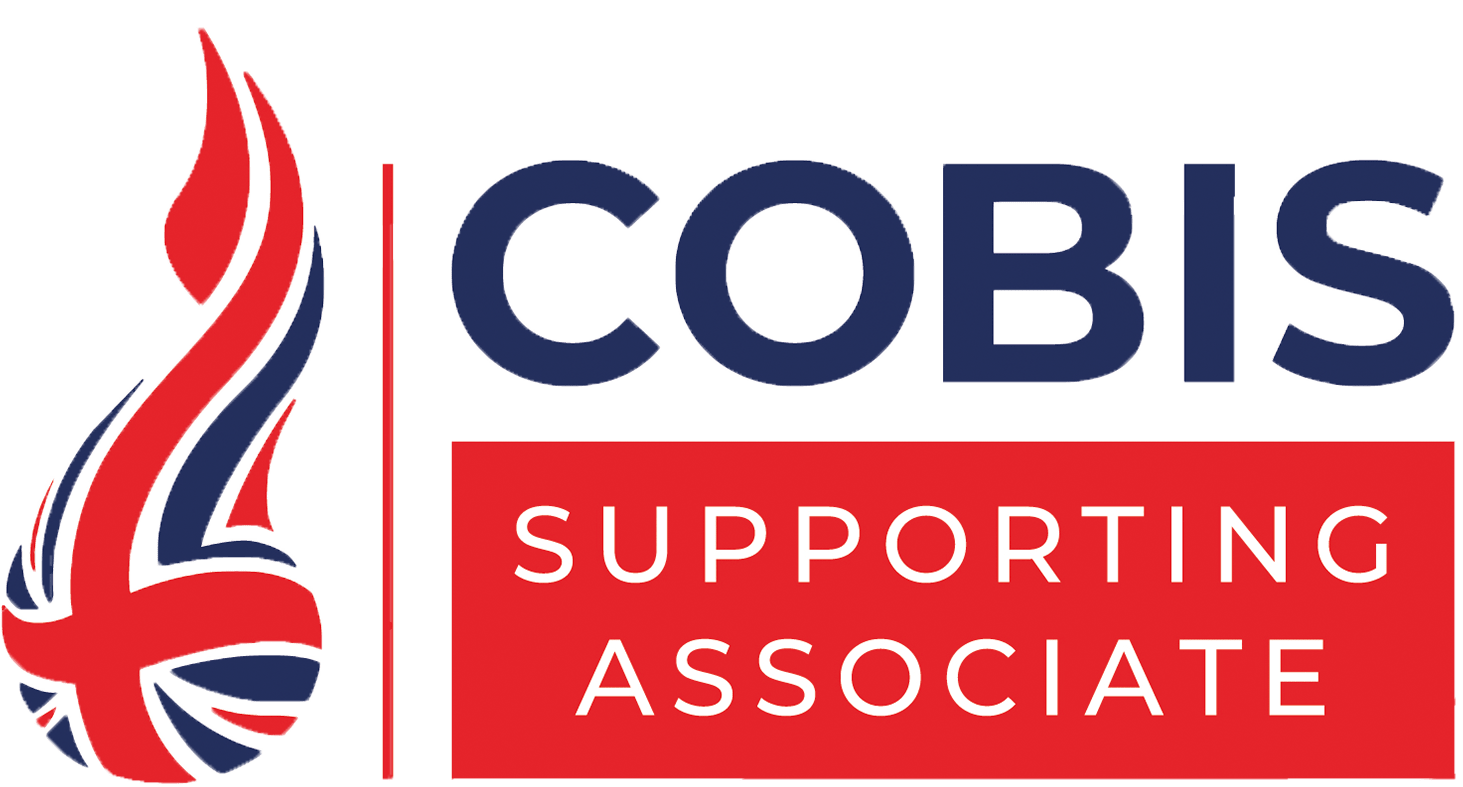The English public education system is one increasingly characterised by ‘managed autonomy’ (as logical a phrase as ‘a bit pregnant’), academisation and the rise of the multi-academy trust (MAT). Love it, loathe it or feel blithely indifferent, the system is adapting to shrinking budgets, increasing demands, and greater power is being shifted to schools. It’s messy, unclear, and happening.
The future role of the DfE in the system is a fascinating one, but to predict what this may be is to make unfounded claims of seer-like boldness; a game of Brexit pinball is underway, and many certainties we had (and let’s face it, there weren’t that many) have dissolved.
The DfE will ensure that there is a sufficient supply of good academy sponsors (though how this will happen is unclear), and MATs (in the purview of Regional Schools Commissioners and their Deputies) will continue to take on a prominent role in the way our system is organised. Teaching School Alliances (TSAs) will play an increased role in the delivery of school improvement services.
In amongst all the shifting sands of policy and practice one thing is completely clear and immovable: teacher learning matters. The development of great teaching is priority number one for us at evidencebased.education, so below are our six responses to the recently-released Standard for teachers’ professional development.
- We will review all of our training and support programmes to ensure that they align with the best available evidence on teachers’ professional development (Higgins, Cordingley, Greany, & Coe, 2015) and, specifically, the Standard.
- We will improve our pre-training information-gathering so that schools think carefully about the change mechanism they want to create. If we know more about the desired impact of our work with schools, we will be better able to construct bespoke programmes which meet these needs.
- We will raise the profile of the EEF’s DIY Evaluation Guide (Coe, Kime, Nevill, & Coleman, 2013) as a tool to evaluate the impact of choices made in schools. We will also construct training programmes that teach people the skills of robust evaluation directly.
- We will increase our challenge of the practices we find in schools by asking core questions which are inextricably linked to the training and support we deliver. For instance, when we work with schools to develop their use of assessment as a tool for learning, we will ask ‘What is learning?’ and ‘How do you know if learning is happening?’.
- We will be more prescriptive and explicit about the roles and actions required of school leaders and teachers following our work with them. We will take greater responsibility for ensuring those involved know what is needed to sustain improvement.
- We will trial the evaluation of impact of our work with schools. The pilot of our new Assessment Academy (a programme of training and support on teacher assessment which has been designed to align with the best available evidence on teachers’ professional development (Higgins et al., 2015)) will begin in autumn 2016; we’re currently planning a robust evaluation of it. We’re designing Assessment Academy with Prof Rob Coe, and he and I were co-authors of the EEF’s DIY Evaluation Guide: we will walk the walk as well as talk the talk.
Since we began evidencebased.education just over a year ago, all our programmes of training and support have been designed to align with the best available evidence on teacher learning; despite what many have described as a ‘laudable aim’, we often thought we were shooting ourselves in the foot with a business model that would have led Lord Sugar to eject us from the boardroom. But we committed anyway, and hoped schools would go with us. Bit by bit, they have; still, though, we worry that the structures in most schools are not sufficient to support the kind of sustained, long-term programmes we offer. Time is needed, cultural change is often needed, and an acute focus on the long-term, sustained development is paramount.
There is still a mountain to climb, but we’ve headed into the foothills and we’re ready for the ascent.
References
Coe, R., Kime, S., Nevill, C., & Coleman, R. (2013). The DIY Evaluation Guide: Education Endowment Foundation.
Higgins, S. E., Cordingley, P., Greany, T., & Coe, R. (2015). Developing Great Teaching: Teacher Development Trust.





